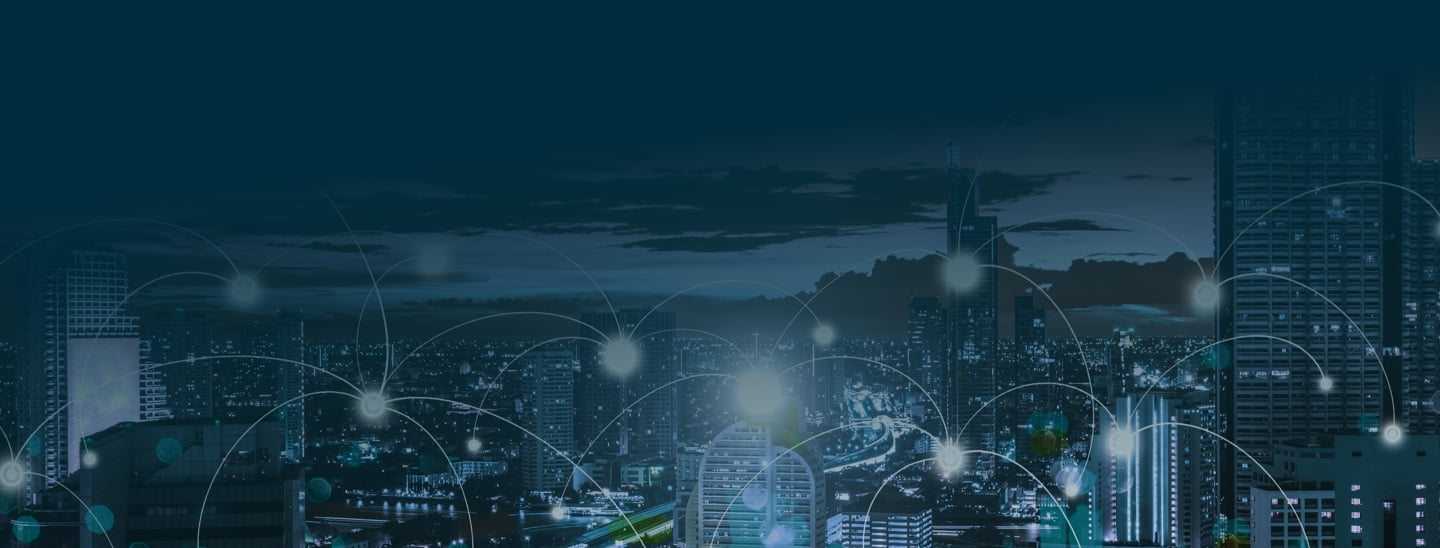The solution offered is the creation of geoportals that connect visitors to the smart destination by providing realtime information. The goal of this solution is to transform data, obtained through technology platforms, into knowledge, to help decision-making in smart destinations.
One example is a platform based on the development of a geoportal to monitor and view capacities in tourist spaces, which keeps visitors safe and provides them with information while at the same time providing smart data to the destination.
The focus is on improving the visitor experience through access to tourist information that offers security and confidence in the tourist space to be visited. This information is displayed through a geoportal using a map as a communication tool between the connected tourist and the destination.
The technology used is through a website that can be viewed correctly on mobile devices, since it is necessary to use the technology in a differentiated way given that the use of a website or a mobile phone may differ depending on the travel phase of the tourist:
- In the inspiration and booking phase the tourist predominantly browses on websites, so the website will focus on providing an overview of the tourist destination they are searching for information on in the tourist space that they want to go to.
- In the experience phase the tourist uses a mobile phone, so it will place them directly with the GPS in the area where they are located and the nearest tourist spaces with their characteristics. The web technology will adapt to the mobile to enhance their experience and make it very simple and practical to use.
- In the post-trip phase the tourist will be able to use both tools (web and app) to identify where they have been, sharing it on their social networks, and looking for other similar places that offer them the same confidence and security.
- Visual/virtual environments: videomapping/virtual reality/augmented reality
- Marketing/Advertising/Promotion/Graphic design
- Technology
El modelo de comercialización de Realidad Virtual y Mixta de Play&go se basa en tres líneas:
Licencias: se comercializan diversas tipologías de licencia: lite (producto mínimo), básica (producto standard), premium (producto superior) y súper (producto personalizado). Se paga una sola vez de por vida junto al desarrollo y publicación de la aplicación móvil (iOS y Android).
Patrocinios: se da opción a empresas y organizaciones a que puedan aparecer en la guía como herramienta de marketing y branding, dando visibilidad a las marcas y/o generando dinámicas específicas de gamificación o Puntos de Interés (POIs) patrocinados.
Datos: la app genera datos anonimizados y agregados de los visitantes y turistas tanto de sus perfiles sociodemográficos, como acciones dentro de la app, encuestas o captación y cualificación de leads.
Teulada-Moraira en 360º: desarrollo de un Tour 360º y un vuelo en dron 360º para visitar los núcleos urbanos de Teulada y de Moraira (Provincia de Alicante), mediante el uso de gafas de realidad virtual (VR).
Heriverso: desarrollo de una plataforma innovadora para digitalizar el patrimonio inmaterial basada en tecnologías de videojuegos y metodología para salvaguardar los valores culturales”, una experiencia con videos 360º interactivos para conocer de una forma distinta la festividad del Corpus Christi de Valencia (proyecto subvencionado a través del Centro para el Desarrollo Tecnológico Industrial (CDTI), en la Convocatoria de ayudas a proyectos de I+D de tecnologías audiovisuales y de los videojuegos del año 2022).
27 de April de 2022
4 de April de 2024

